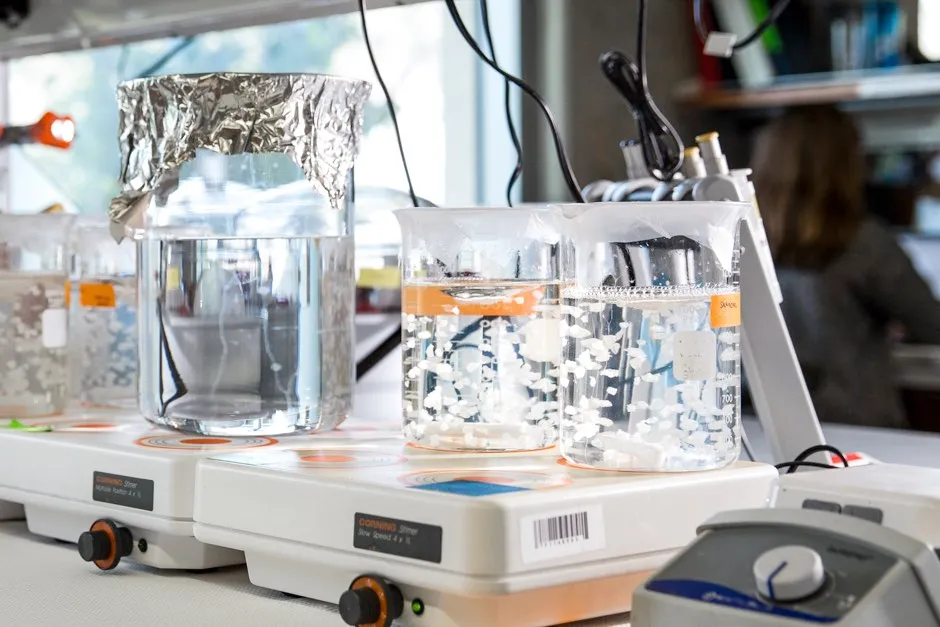There are more than 100,000 hospital admissions in the UK due to heart attacks every year, but there are few effective treatments for repairing the resulting damage to cardiac tissue. Following a heart attack, scar tissue can develop which can reduce the performance of muscles and eventually lead to heart failure.
Now, researchers at the University of California San Diego think they may have a solution - an injectable hydrogel that can form a scaffold around damaged cardiac muscle and encourage the growth of healthy, new cardiac tissue, that has passed initial safety trails.
Read more about heart attacks:
- The discoveries bringing an end to heart attacks
- Should you give the kiss of life to someone having a heart attack?
Dubbed VentriGel, the material is made from the natural scaffolding of cardiac muscle tissue, also known as extracellular matrix, or ECM, taken from pigs. The tissue is then stripped of muscle cells, freeze-dried and milled into powder form. It can then be turned into a fluid that can be easily injected into heart muscle in a minimally invasive procedure.
The team tested the gel in a preliminary study of 15 patients who had sustained moderate damage in the left chamber of the heart following a heart attack. All 15 were experiencing mild to moderate heart failure following a heart attack with half suffering a heart attack within the past year.
The patients all took a six-minute walking test as well as a heart function assessment and a heart health questionnaire before receiving up to 18 injections of VentriGel into the damaged region via catheter.

The researches then monitored the patients’ progress for six months after treatment, repeating the tests at the three-month and six-month marks.
“Although the study was designed to evaluate safety and feasibility and not designed to show whether VentriGel effectively helps improve heart function, we observed some improvements in patients,” said senior author prof Karen Christman. “For example, patients could walk longer distances. We also observed signs of improving heart function in patients who experienced a heart attack more than one year prior to treatment.”
The team now plans to carry out a further randomised study to more fully test the efficacy of the treatment.
Follow Science Focus onTwitter,Facebook, Instagramand Flipboard